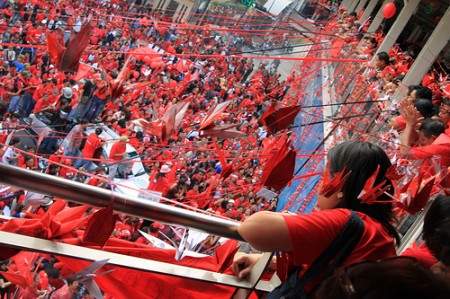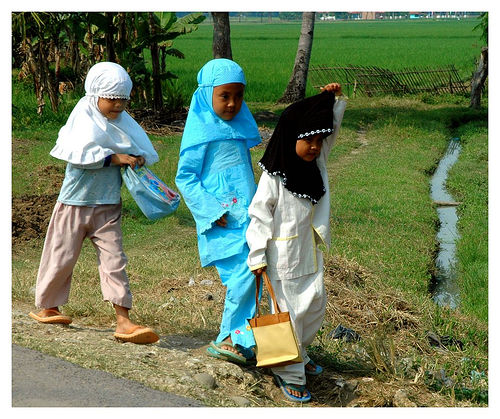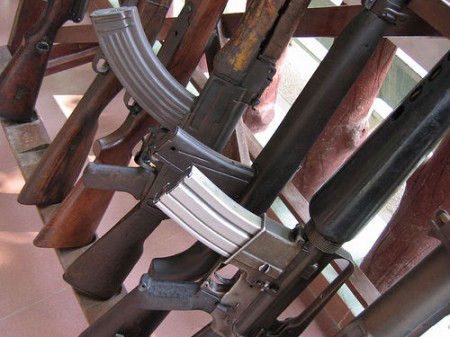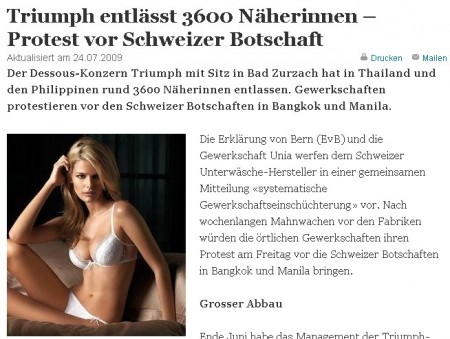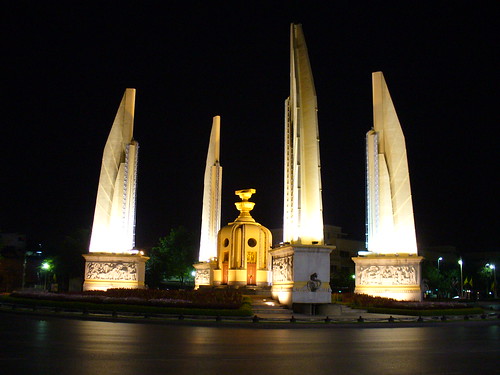
BANGKOK – From Thailand to Turkey to Ukraine, the relationship between ruling majorities and electoral minorities has become combustible – and is threatening to erode the legitimacy of democracy itself. The unfolding crisis in Bangkok – where a political minority has taken to the streets to bring down Prime Minister Yingluck Shinawatra’s democratically elected government – is a case in point.
Yingluck’s Pheu Thai Party (PTP) won an outright majority in Thailand’s 2011 general election, gaining 265 MPs in the 500-member lower house. But the opposition Democratic Party – which returned 159 MPs, mainly from Bangkok and southern Thailand – has lately been staging protests in the capital. The so-called “People’s Committee for Democratic Reform” – led by former Democratic Party MP Suthep Thaugsuban and supported by the Bangkok-based establishment – has effectively attempted to stage a coup.
The protests began when the government tried to enact amnesty legislation that would have overturned the conviction of former Prime Minister Thaksin Shinawatra – Yingluck’s brother and the PTP’s founder, who was overthrown by the military in 2006 – on charges of corruption and abuse of power. (It also would have superseded the murder charges brought against the Democratic Party’s leader, former Prime Minister Abhisit Vejjajiva.) But Yingluck’s subsequent attempt to backtrack on the amnesty measure failed to mollify the opposition.

